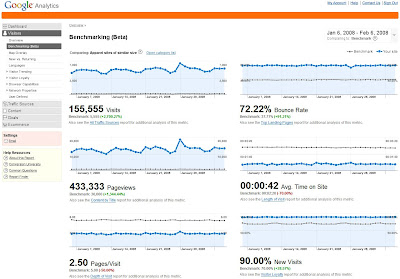If you take two Computational Visualistics students, give them Google Android’s SDK and motivate them with a $275.000 award , you’ll get Enkin, a revolutionary handheld navigation concept.
Here is how Enkin’s creators present it:
“Enkin” introduces a new handheld navigation concept. It displays location-based content in a unique way that bridges the gap between reality and classic map-like representations. It combines GPS, orientation sensors, 3D graphics, live video, several web services and a novel user interface into an intuitive and light navigation system for mobile devices.
What makes Enkin so unique is that it has as “live mode”, meaning that for example when pointing your phone camera towards a building that is in fact an hospital, the interface will indicate so.
The user interface has three different modes:
– Map mode: This is a two-dimensional mode and similar to
classical maps applications. It provides a quick overview of
all active location-based content and lets you easily manage
your data.– Landscape mode: This mode resembles loosely Google
Earth’s 3D view. It enables your content’s third dimension
by embedding it into a three-dimensional landscape.– Live mode: This acts as the bridge to reality. Now your content
is displayed extending real physical objects instead of
computer graphics by using the device’s built-in camera.
Watch their video here to see it in action.
Phones equipped with Android haven’t hit the market yet, so when this happens, Enkin will be more impressive than when used from an emulator.
Android proves that it will truly revolutionize the way we search things from our cell phones, especially local information.
Visit Enkin.net for more information. Hat tip to Wireless Watch Japan for the info.


